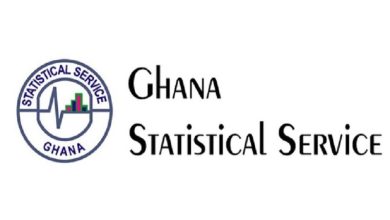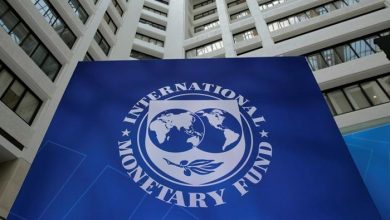Ghana Cedis still strong despite slower remittance inflows – BoG Governor

The local currency – the cedi remains one of the best-performing currencies globally despite seasonal trade pressures and a slowdown in remittance inflows, this is according to the Bank of Ghana Governor, Dr. Johnson Asiama.
Speaking at the opening of the Monetary Policy Committee meeting on September 15, 2025, he said remittances have not been as strong as in previous periods. However, its impact on the cedi’s performance has been contained.
“Despite the seasonal pressures and a slowdown in remittance inflows in recent weeks, the cedi remains one of the strongest currencies globally. Year-to-date, it has appreciated by about 21% as of September 12,” Dr. Asiama said.
The Governor attributed the resilience of the cedi to sound monetary policy, improved foreign-exchange reserves, and tighter regulatory oversight.
“External buffers have strengthened. For the first eight months of the year, Ghana recorded a trade surplus of US$6.2 billion, underpinned by robust gold exports and higher cocoa receipts. Gross international reserves stood at US$10.7 billion in August, covering about 4½ months of imports.”
He added that the cedi is now performing alongside currencies such as the Russian ruble, Swedish krona, Norwegian krone, Swiss franc, euro and the British pound.
The cedi’s strength is supporting lower import costs, easing inflationary pressures and reducing the burden on businesses that rely on foreign inputs.
However, there are concerns that sustaining this momentum will depend on strong export performance, stable remittance flows and managing exposure to volatile commodity markets.
The Governor pledged that the central bank will remain vigilant and intervene when necessary to preserve currency stability.










